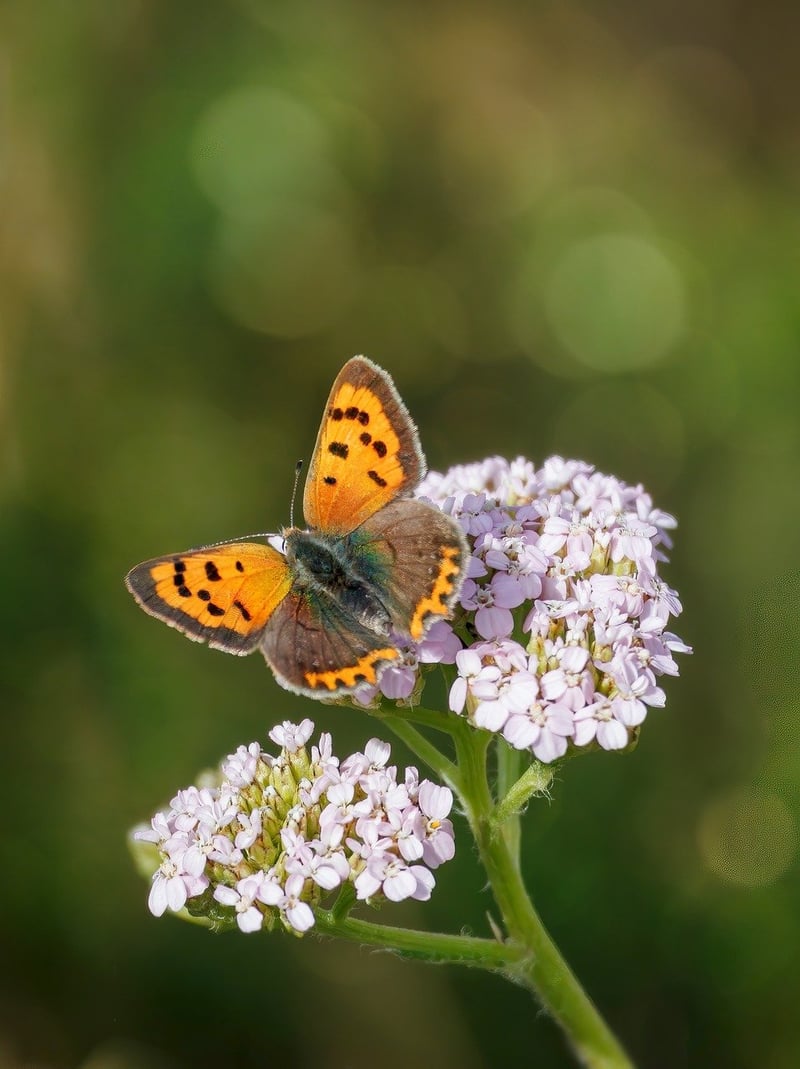Pollinator Gardens
Creating an Eco-Friendly Landscape with Pollinator Gardens
When it comes to landscaping your outdoor space, incorporating environmentally friendly solutions is not only beneficial for the planet but also adds beauty and vibrancy to your surroundings. One popular and impactful way to achieve this is by creating pollinator gardens. These gardens are not only visually appealing but also play a crucial role in supporting local ecosystems by providing food and habitat for essential pollinators like bees, butterflies, and hummingbirds.
Benefits of Pollinator Gardens:
- Attract and support essential pollinators
- Promote biodiversity
- Contribute to the health of local ecosystems
- Require less maintenance than traditional lawns
- Reduce the need for harmful pesticides
Key Elements of a Pollinator Garden:
Creating a pollinator-friendly garden involves selecting the right plants and design elements to attract and sustain pollinators. Here are some key elements to consider:
- Native Plants: Choose native plant species that are well-suited to your region and provide food and shelter for local pollinators.
- Flowering Plants: Include a variety of flowering plants that bloom at different times to provide nectar and pollen throughout the seasons.
- Water Source: Incorporate a shallow water source like a birdbath or a small pond for pollinators to drink from.
- Shelter: Create sheltered areas like rock piles or wooden structures for pollinators to rest and nest.
- Avoid Chemicals: Opt for organic gardening practices and avoid using pesticides that can harm pollinators.
Get Started with Your Pollinator Garden:
Ready to create your own pollinator garden? Here are some steps to help you get started:
- Research native plants that attract pollinators in your area.
- Plan your garden layout, considering the sunlight, water, and space requirements of the plants.
- Prepare the soil by enriching it with compost and other organic matter.
- Plant your garden, ensuring proper spacing and watering according to the needs of the plants.
- Maintain your garden by regularly weeding, watering, and mulching to promote plant health.
- Monitor the garden for pollinator activity and enjoy the beauty and benefits it brings to your outdoor space.

By creating a pollinator garden in your outdoor space, you not only contribute to the health of the environment but also create a vibrant and welcoming habitat for essential pollinators. Start your journey towards a more sustainable landscape today!
For more information and inspiration on pollinator gardens, check out resources from Pollinator Partnership.
